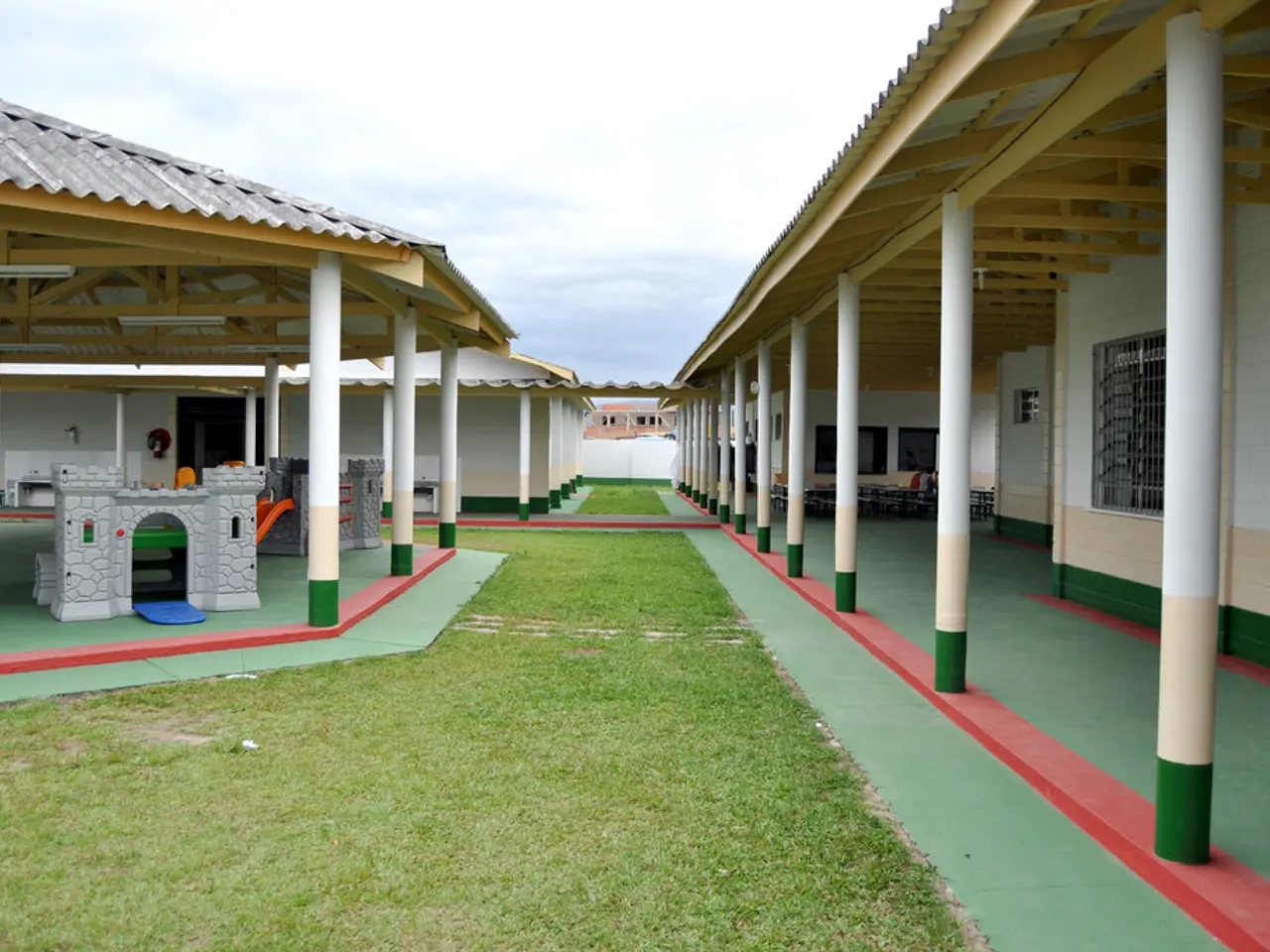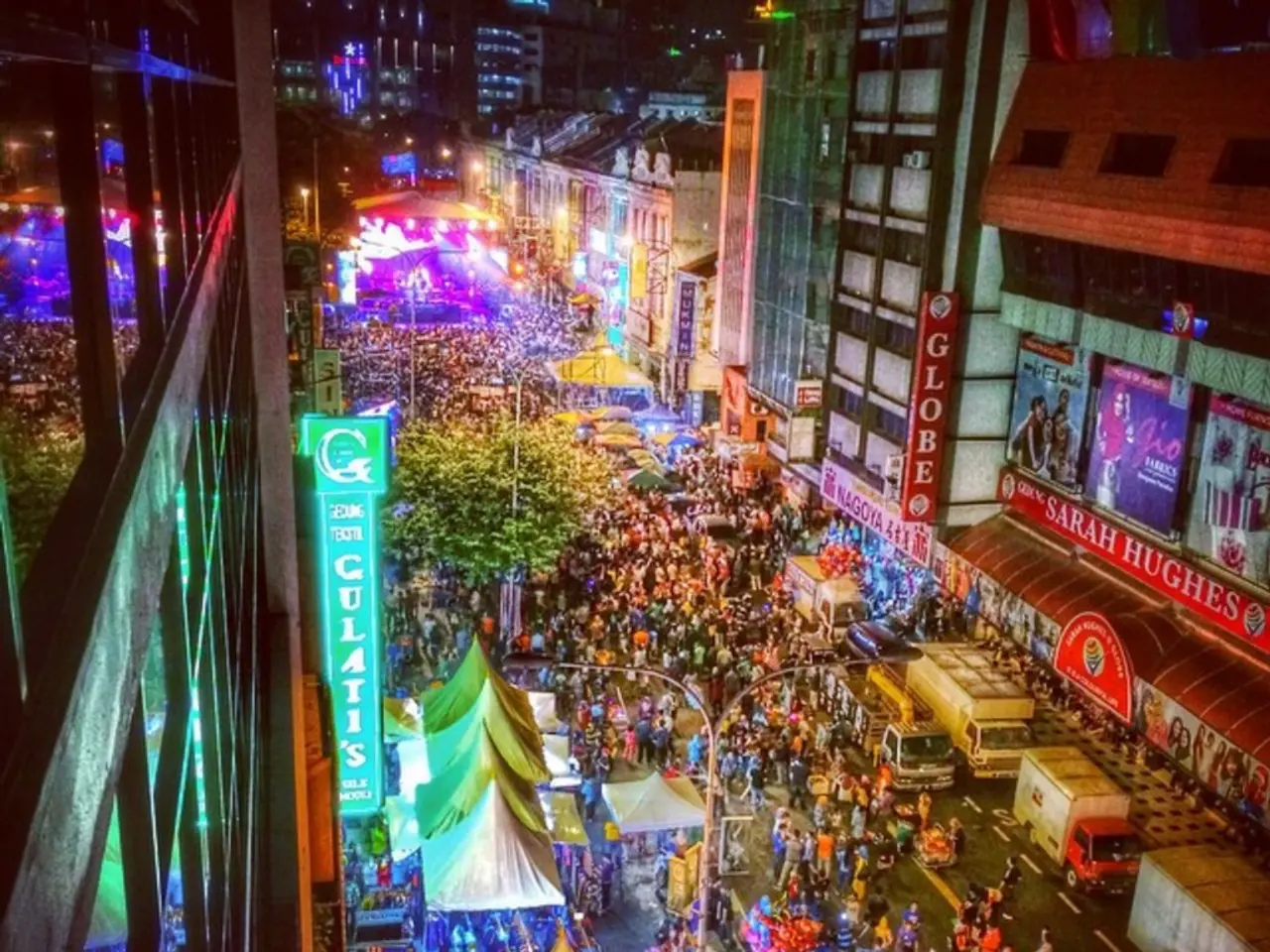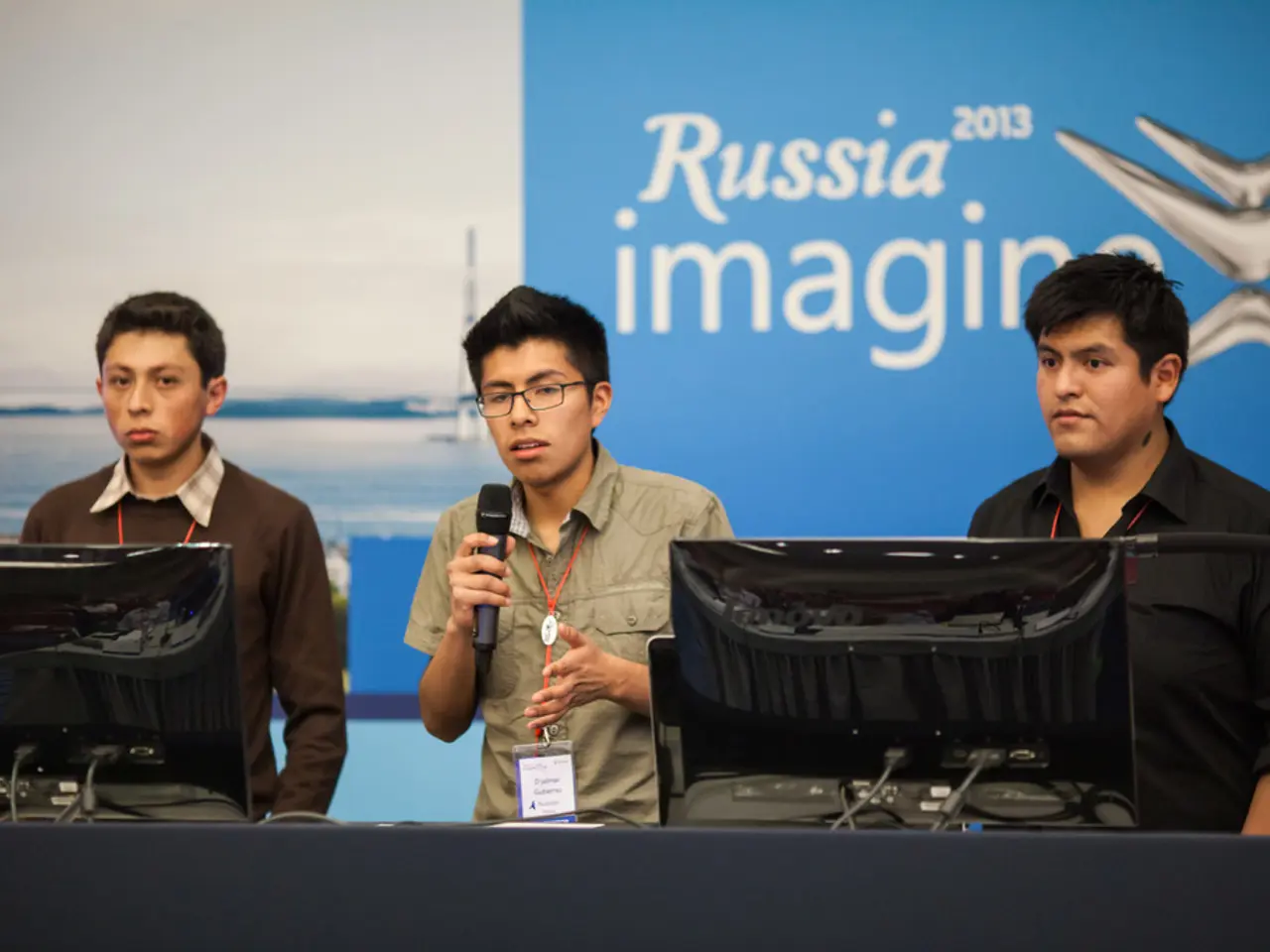Struggling in a tent and facing the brink of losing their children, Ukrainian refugees embarked on life anew in Kuban, beginning from scratch.
In the heart of Russia, Krasnodar Krai has become a beacon of hope for many displaced from the conflict zones in eastern Ukraine, specifically Lugansk and Donetsk. The region, situated relatively close to these areas, has seen an influx of refugees seeking safety and a new beginning.
One such family is the Filipchenkos, who moved to Krasnodar in 2016. Olga Filipchenko, a mother of three, recounts the challenges they faced in adapting to their new life. At the time of their move, the bureaucratic system was not yet ready for the influx of refugees, causing initial difficulties.
Olga's husband, who had been on the battlefield in his homeland before their move, assembled a machine to make blocks and built the family's house on a bare plot in the outskirts of Krasnodar, purchased in 2018 without utilities. The family lived in a tent with a gas stove, well, and generator for electricity during those early days.
Tatyana Kortavenko and her family also moved to Krasnodar from Donetsk just before the start of the SVO. Tatyana applied for help with housing, but was told that it's not available for Donetsk residents. However, they managed to secure a mortgage for an apartment in the suburbs at a low interest rate of 6%.
The Filipchenkos, like many other refugees, received humanitarian aid, which Olga states saved her family. Yet, they did not receive any additional privileges, except for benefits for a child with disabilities. Tatyana's family received a one-time payment of 10,000 rubles upon their move.
Olga, inspired by her own experiences, formed the 'We are of One Blood' initiative group six months after moving to Russia. This group has since helped over 100 families from the Lugansk region.
While the challenges faced by these refugees are not unique, the specific experiences of those in Krasnodar are not as widely documented. Navigating bureaucratic processes, finding employment, and coping with psychological stresses are common hurdles for these displaced individuals.
In Krasnodar, periodic Ukrainian drone strikes on local infrastructure have added to the security concerns, affecting daily life for residents and refugees alike. Despite the lack of detailed accounts, it is clear that these refugees rely on a combination of government assistance, local community support, and informal networks to find shelter and adapt to their new living conditions.
For precise, up-to-date details, local government or humanitarian agency reports would be most informative. It is a testament to the resilience and determination of these refugees that they continue to persevere and build a new life in their adopted homeland.
[1] Local news reports on drone strikes in Krasnodar [3] Humanitarian agency reports on refugee assistance in neighbouring regions [4] Government reports on refugee integration in Russia [5] Academic research on refugee experiences in Russia
- The news of war-and-conflicts in eastern Ukraine, specifically Lugansk and Donetsk, has led to a significant increase in politics and general news about refugee crises, with Krasnodar, Russia emerging as a key focus due to its proximity and its role in providing shelter to many displaced individuals.
- The experiences of refugees in Krasnodar, such as the Filipchenkos and Tatyana Kortavenko's families, often involve overcoming numerous challenges, including bureaucratic hurdles, finding employment, coping with psychological stresses, and relying on a combination of government assistance, local community support, and informal networks to adapt to their new living conditions.







